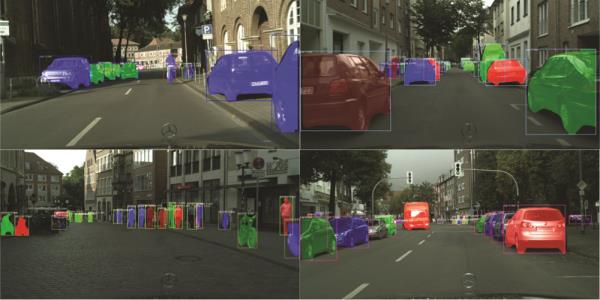06 March 2018

Two 28-year-olds, Mohammad Rashid Khan and Boris Ploix, say they can cut false alarms from surveillance cameras by up to 50 per cent.
Their company, Calipsa, based in Charing Cross, offers a service – via the cloud or on the client’s premises – which analyses video in real time.
Typical uses, says the company, include monitoring traffic flows, congestion and enforcement, traffic surveys and incident detection, transport hubs, road accidents and public disorder.
Using IP, the service takes the feed from surveillance cameras and, says Calipsa, applies software to intercept false alarms in seconds, passing only genuine alarms to operators at monitoring stations.
It says algorithms quickly process and analyse video feeds in real time to detect humans, vehicles or animals at the scene, filter out false alarms and detect real alarms.
False alarms, says the company, can be triggered by staff on site when a system is still armed, environmental issues, such as trees blowing in the wind and even insects on the camera.
Calipsa says that, apart from human operators deciding the validity of an alarm, camera owners traditionally use either anti-dither settings – setting the length of the motion to be detected – and masking, used to ignore certain parts of the camera view.










